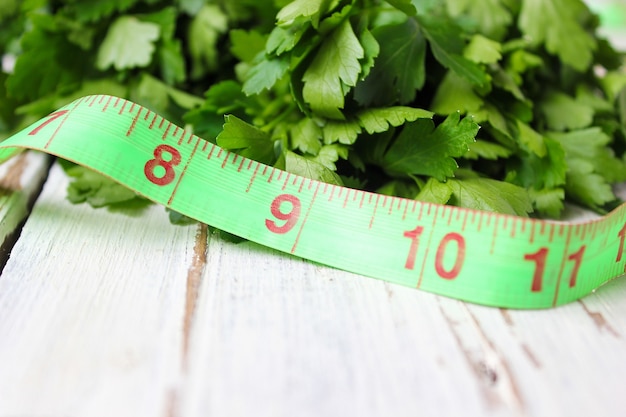
If you’re trying to lose weight, you might think the key is counting calories and eating less. But according to Terry Fairclough, a top personal trainer and co-founder of Your Body Programme, that might not be the best approach.
I’ve heard countless opinions on the best diet for weight loss. Should we count calories? Eat low fat, low carb, or high protein? Should we fast or eat small, regular meals? While these questions consider various body types and goals, one thing’s clear: no one should be under-eating.
We all know someone who restricts calories to get a beach-ready body, and the weight drops off, right? But this isn’t always the best result. A calorie deficit can lead to weight loss, but not necessarily fat loss, which is what most people aim for.
The Western diet is typically too large, so some people do need a minor calorie deficit because they’ve been overeating. However, many think under-eating is the only way to lose weight, which isn’t true.
When we eat, our body converts carbohydrates into glucose, the main fuel for our cells. If we don’t use this glucose immediately, our muscles and liver store it as glycogen, which holds water molecules. When the body needs quick energy or isn’t getting enough glucose from food, it breaks down glycogen to release glucose into the bloodstream.
So, when you cut calories, you’re mainly losing stored carbohydrates and water, not fat. A long-term calorie deficit can make your body hold onto fat and break down protein instead. Protein helps burn fat, so it’s essential to consume a balanced amount of fats, carbs, and protein.
Contrary to popular belief, eating fat is crucial for energy. Fat provides more than twice the potential energy compared to carbs or protein. It’s stored within muscle fibers and is easily accessed during exercise. Cutting fat entirely from your diet can leave you without enough energy to burn fat.
Restricting calories and nutrients can also lead to deficiencies, affecting the immune, liver, and digestive systems and potentially slowing down metabolism. Health issues from under-eating include fatigue, malnutrition, osteoporosis, anemia, hormone-related conditions, and fertility issues.
Another problem with extreme calorie deficits is the stress it puts on your body. This stress releases cortisol, a hormone that can initially cause weight loss but, over time, leads to fat gain and metabolism issues.
When cortisol levels remain high, the body tries to preserve fat, especially around the belly. This stress can slow metabolism, impede thyroid function, and reduce digestive efficiency, affecting nutrient absorption and overall health.
Under-eating can also disrupt your sleep. Low blood sugar triggers adrenalin release, waking you up. Poor sleep affects liver detoxification, immunity, exercise, and work productivity, leading to weight gain.
Bodybuilding competitors often restrict calories to lean out but then increase them post-competition. If done incorrectly, it can cause illness. Constant calorie cutting can make your body think it’s in famine mode, storing any excess as fat.
The takeaway is to consume the correct amount of calories, carbs, fats, and protein customized for your body type, goals, activity level, height, weight, and age. Programs like Your Body Programme can help you identify your specific needs.
Eating a well-balanced diet with lean proteins, healthy carbs, and fats is key. Examples include lean beef, chicken, eggs, fish, pulses, legumes, tofu, tempeh, fruits, vegetables, sweet potatoes, quinoa, brown rice, wholewheat pasta, avocado, nuts, seeds, and olive oil.
Terry Fairclough, co-founder of Your Body Programme, is a Personal Trainer and Nutritional Therapist. He champions eating adequately to support health, metabolism, and fat loss rather than restrictive dieting.

